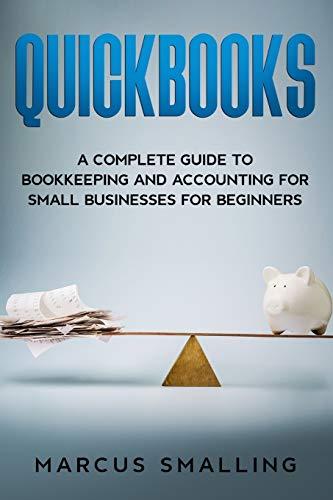*Please, compose a hypothetical example to demonstrate the translation process using Temporal and Current Rate Strategies. Ensure all information is entered accurately.

Exhibit 13.2 CHAPLIN COMPANY Statement of Financial Affairs June 30, 2017 Book Values Available for Unsecured Creditors $210.000 $ 231.000 (200,000) (5,000 $26.000 41,000 $ 45,000 (75.000 2.000 15.000 Assets Pledged with fully secured creditors: Land and building Less: Notes payable (long term) Interest payable Pledged with partially secured creditors: Inventory Less: Notes payable (current) Free assets: Cash Investment in marketable securities Dividends receivable Accounts receivable Prepaid expenses Equipment Intangible assets Total available to pay liabilities with priority and unsecured creditors Less: Liabilities with priority (see below in Liabilities) Available for unsecured creditors Estimated deficiency 2.000 20.000 500 12.000 2.000 32,000 23.000 5,000 80,000 15,000 94.500 (37,500) 57.000 38.000 $95.000 $391,000 Book Values Unsecured-Nonpriority Liabilities $ -- 16,000 $ 1.000 200.000 Liabilities and Stockholders' Equity Liabilities with priority: Administrative expenses (estimated) $ 20,500 Salaries payable (accrued expenses) 15,000 Payroll taxes payable (accrued expenses) 2,000 Total $ 37,500 Fully secured creditors: Notes payable $ 200.000 Interest payable 5.000 Less: Land and building (231.000 Partially secured creditors: Notes payable $ 75.000 Less: Inventory (45.000 Unsecured creditors: Accounts payable Accrued expenses (other than salaries and payroll taxes) Stockholders' equity 75,000 30.000 59.000 5.000 59,000 5,000 36,000 $391,000 $ 95.000 Exhibit 13.2 CHAPLIN COMPANY Statement of Financial Affairs June 30, 2017 Book Values Available for Unsecured Creditors $210.000 $ 231.000 (200,000) (5,000 $26.000 41,000 $ 45,000 (75.000 2.000 15.000 Assets Pledged with fully secured creditors: Land and building Less: Notes payable (long term) Interest payable Pledged with partially secured creditors: Inventory Less: Notes payable (current) Free assets: Cash Investment in marketable securities Dividends receivable Accounts receivable Prepaid expenses Equipment Intangible assets Total available to pay liabilities with priority and unsecured creditors Less: Liabilities with priority (see below in Liabilities) Available for unsecured creditors Estimated deficiency 2.000 20.000 500 12.000 2.000 32,000 23.000 5,000 80,000 15,000 94.500 (37,500) 57.000 38.000 $95.000 $391,000 Book Values Unsecured-Nonpriority Liabilities $ -- 16,000 $ 1.000 200.000 Liabilities and Stockholders' Equity Liabilities with priority: Administrative expenses (estimated) $ 20,500 Salaries payable (accrued expenses) 15,000 Payroll taxes payable (accrued expenses) 2,000 Total $ 37,500 Fully secured creditors: Notes payable $ 200.000 Interest payable 5.000 Less: Land and building (231.000 Partially secured creditors: Notes payable $ 75.000 Less: Inventory (45.000 Unsecured creditors: Accounts payable Accrued expenses (other than salaries and payroll taxes) Stockholders' equity 75,000 30.000 59.000 5.000 59,000 5,000 36,000 $391,000 $ 95.000







